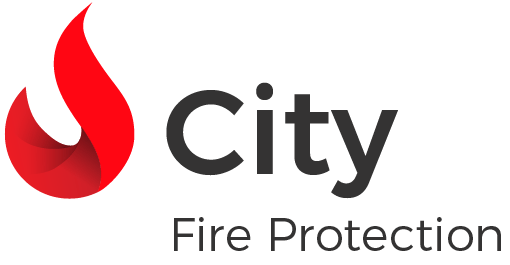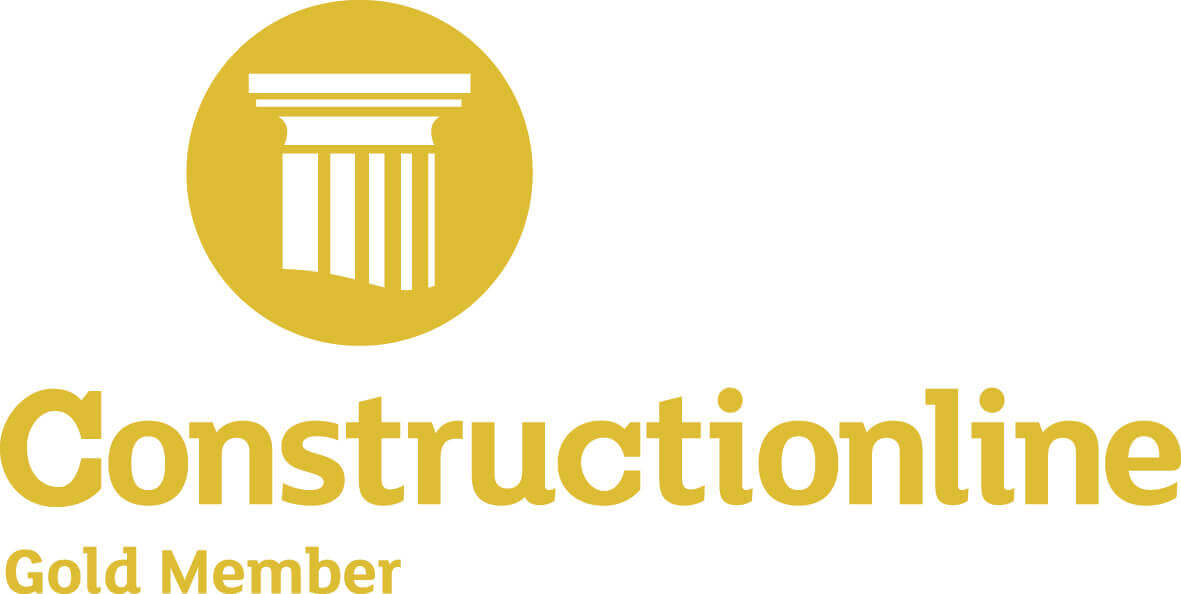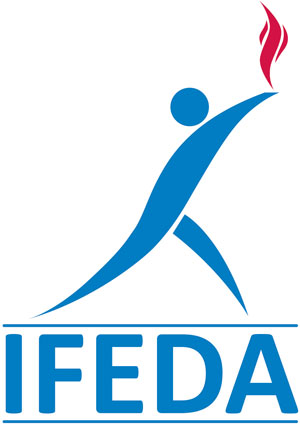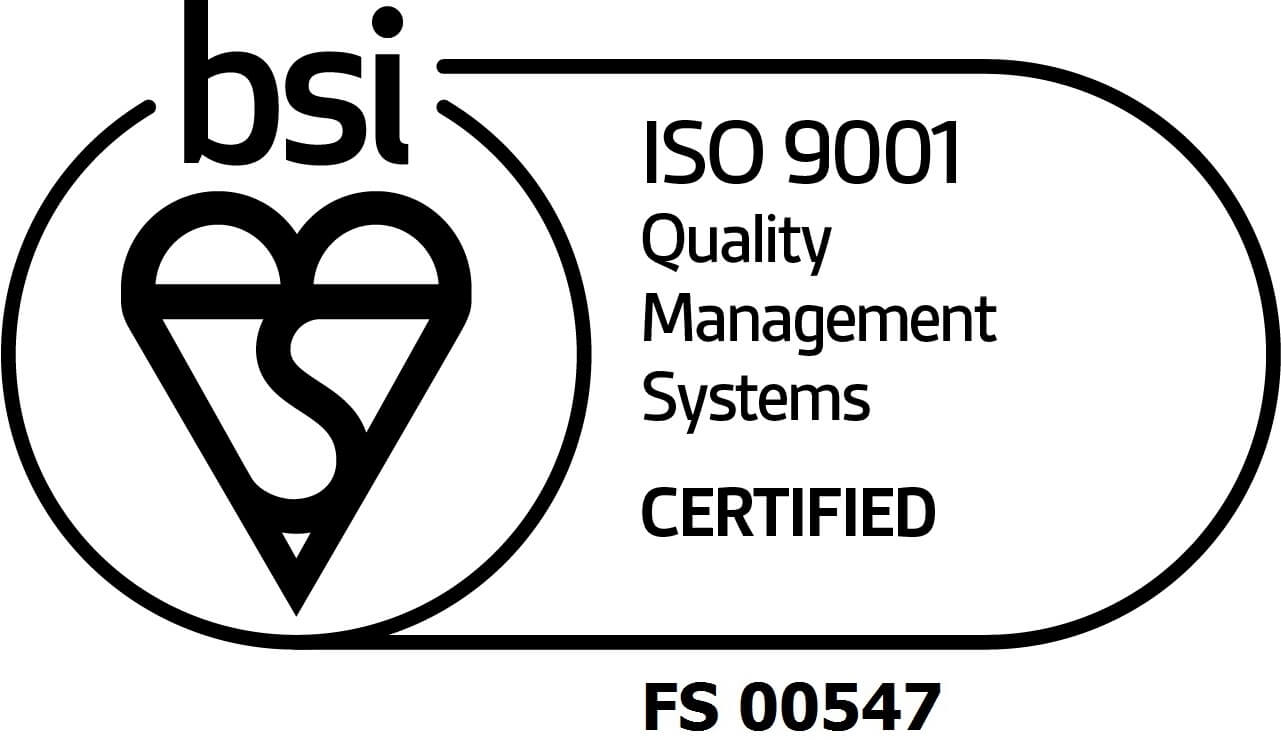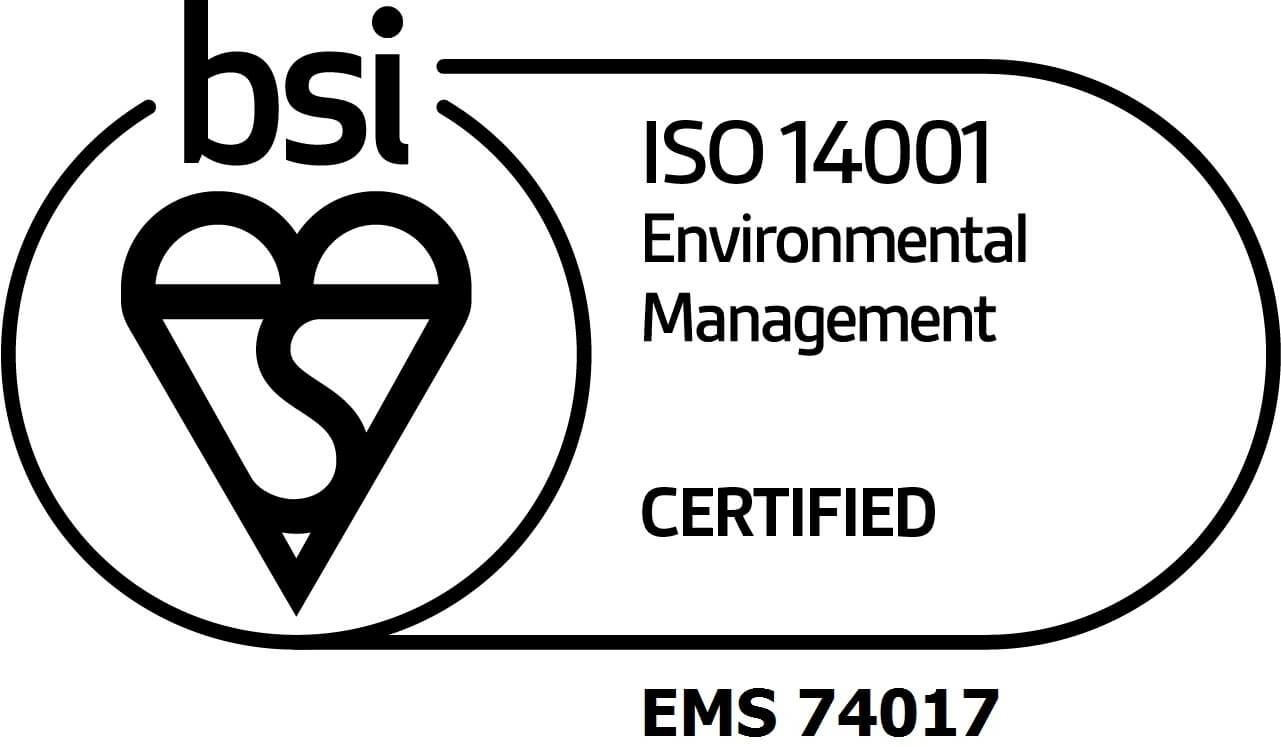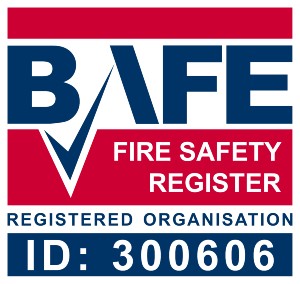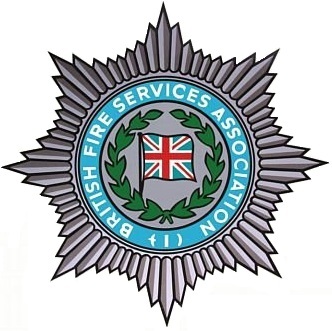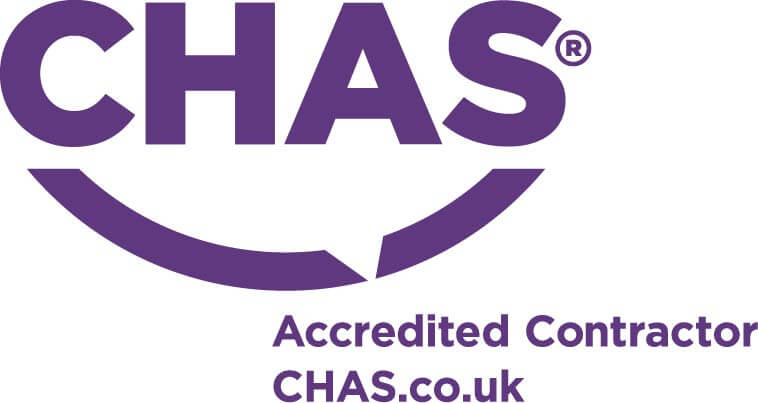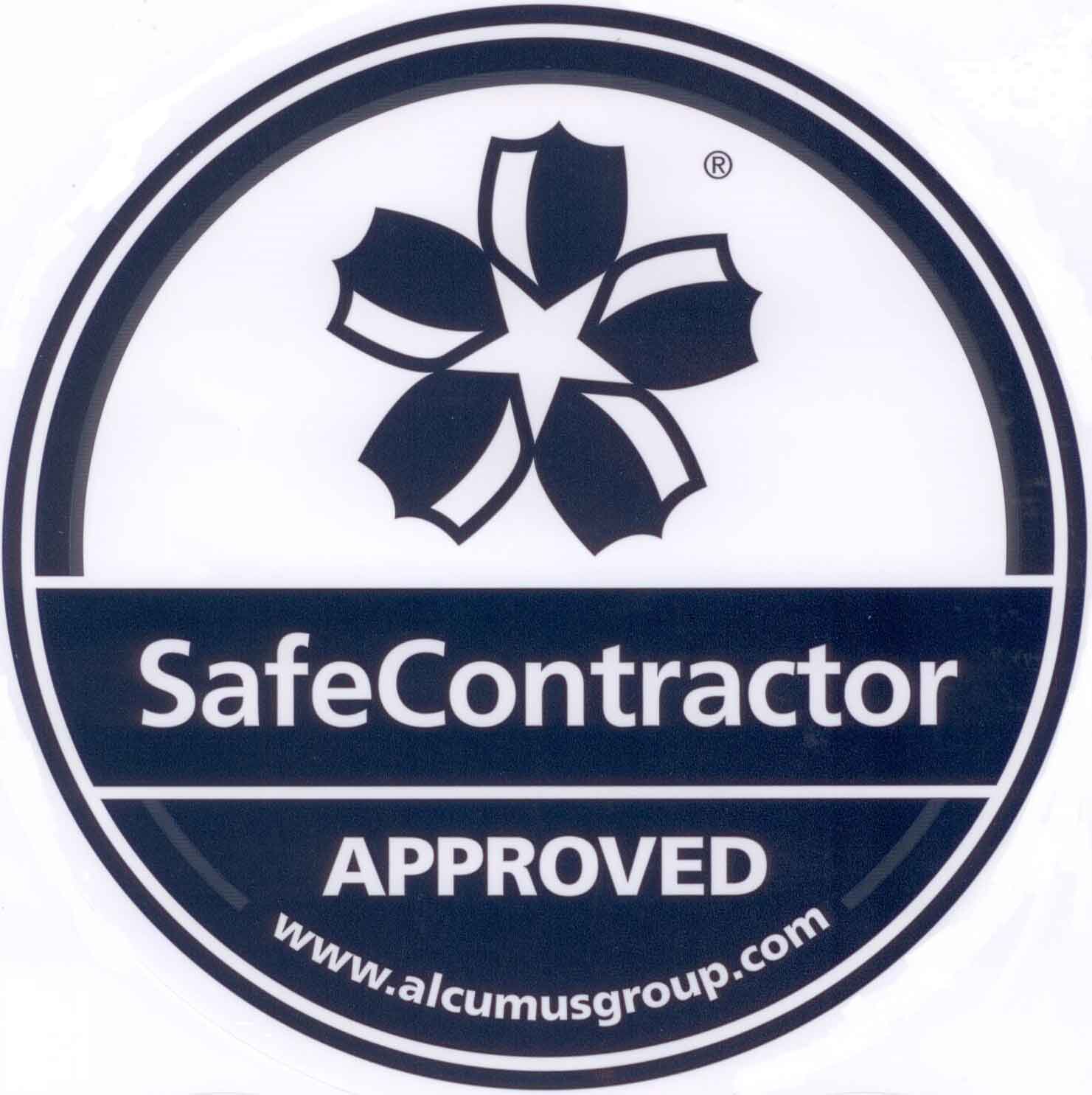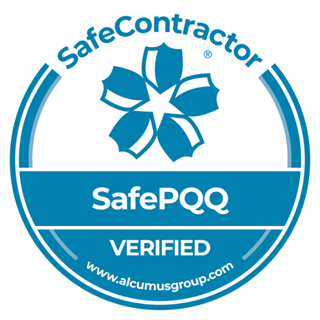5 Common Causes of Fire in the Hospitality Industry
Any industry has its own fire hazards, and the hospitality sector is no different. In this article, City Fire Protection are going to detail the most common causes of fire in the hospitality industry to help you prepare and protect yourself appropriately.

Kitchens and Cooking Equipment
Whether in a hotel, a restaurant or any other setting, a kitchen presents a number of fire hazards that can escalate if not properly monitored. From flames on a hob to cooking oils and electrical equipment like fridges and freezers, there’s potential for several different types of fire to break out.
Prevention:
Be sure that all staff are properly trained and aware of all fire hazards in a kitchen. Make sure that the correct types of fire extinguisher are present and easily accessible, and ensure that staff are trained in their safe operation. Be vigilant with the storage and organisation of flammable materials like oils, towels and paper products – don’t store them near open flames or areas where they could be vulnerable to ignition.
Electrical Equipment
Electrical equipment is present in every building in every industry, and despite its importance to everyday life, there is always a risk of electrical fires where electrical equipment is concerned. Whether it’s a large appliance like a fridge or something smaller, all it takes is a spark from faulty wiring to start a fire.
Prevention:
The most effective way of protecting yourself from electrical fire is by scheduling regular Portable Appliance (PAT) testing for your electrical equipment. PAT testing ensures that your appliances will be thoroughly inspected by an expert, who will assess whether or not the appliance is safe. If it is safe, a sticker will be applied certifying as much, with the date of the test clearly displayed. If it isn’t safe, the appliance will either need to be repaired or replaced.
The Responsible Person must also ensure that all fixed electrical circuits undergo an Electrical Installation Condition Report (EICR), carried out by a competent person, i.e. a qualified, licensed electrician. This test should be carried out every 5 years, with all records of the test kept.
If possible, turn off appliances when the premises are closed for the evening. Of course, some need to be kept on at all times, but others can and should be turned off to minimise the risk of sparks causing a fire when the property is empty.
Smoking
This is a risk for any property that allows smoking on site, but it’s particularly pertinent to hotels. Guests smoking in their rooms is very dangerous – they might fall asleep whilst smoking, and the lit cigarette could set fire to the bed linen, upholstery and other flammable materials in a room. For premises like restaurants, staff and guests smoking outside can cause an issue if cigarette butts are not disposed of properly.
Prevention:
Smoke alarms must be installed in every room, and the ‘no smoking’ rule must be clearly enforced for all guests to see. If a guest flouts the rules and causes a fire, then the smoke detectors will help to facilitate a swift response and evacuation. Designate clear, spacious smoking areas outside, and ensure cigarette bins are nearby for easy, safe disposal of cigarette butts.
Cluttered Exit Routes
This is an easily avoidable, yet a surprisingly common cause of fire. Firstly, let’s establish that clear exit routes are absolutely vital to the fire safety of any property; in the event of a fire, people need to be able to leave the property quickly and safely to minimise panic and the risk of injury.
Cluttered exit routes not only prevent this from happening, but they also pose a fire risk in themselves. Storing boxes, rubbish or other materials near a fire exit might be the easiest thing to do, but these items can catch fire easily and quickly, leaving you very little time to react and will block vital escape routes.
Prevention:
Ensure that exit routes are kept clear at all times. There should be no exceptions to this rule. Designate safe areas for the storage of waste and other materials, and make sure they’re regularly checked – things like bins should be emptied regularly.
Intentional Fires
Unfortunately, no matter how many fire safety precautions you take, there’s always a chance that someone will try to start a fire on purpose. Arson attacks are the most serious forms of deliberate fire starting, but something comparatively less serious like a small bin fire can easily spread and become catastrophic if not dealt with quickly and properly.
Prevention:
Effective security measures are the first line of defence against malicious attacks. From CCTV cameras to security guards, you should invest in the security of your property. Just the presence of CCTV cameras can act as a deterrent to vandals, and they’ll help identify and apprehend anyone responsible for a fire on your property. The same goes for security guards – a visible security presence will put off most criminals.
Waste management is another effective arson prevention method. As bins and skips are easy targets for arsonists, ensure that all combustible waste is stored in lockable metal bins, more than 6m from any openings in the building. The bins should be secured in place by chains or lockable wheels to prevent them being pushed against the side of the building.
Regardless of the level of risk in your property, it is crucial that you’re adequately protected. Fire alarms, smoke alarms and extinguishers are legally required in any and all commercial properties, and additional measures like sprinkler systems will bolster your preparedness and maximise your chances of eliminating a fire before it causes serious damage.
Here at City Fire we are experts in the supply, installation and maintenance of fire safety equipment, training and risk assessments for customers around the country. With access to state-of-the-art fire safety equipment and expertise honed over years of experience, we can ensure your property is as safe as possible. For more information, contact us today.
Get Your Fire Risk Assessment